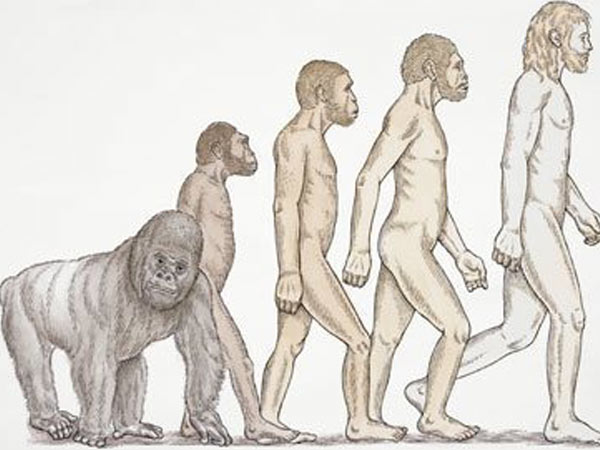When most people think of wisdom teeth, they generally think of a trip to the oral surgeon to get them extracted during a summer break. Wisdom teeth also referred to as “thirds”, are the very back and final set of molars that normally develop during your late teens or early twenties. More often than not, when this happens the wisdom teeth come in misaligned with the other teeth and become impacted. The teeth can be positioned horizontally, angled towards or away the adjacent molars, or be angled inward or outward. When a tooth is impacted, it is the failure of the tooth to erupt fully into the mouth due to the location of another tooth, causing the tooth to remain partially or fully trapped under the gum. Studies have shown that wisdom teeth impaction affects between 70 and 80 percent of the population, resulting in a need for the teeth to be surgically extracted.
Not addressing the impaction can cause a variety of oral complications:
- Damage to surrounding teeth
- Crowding
- Damage to the jawbone
- Nerve damage
- Periodontal problems
- Trap food and plaque, leading to tooth decay, swelling, irritation, and bad breath
So why is it that most people have issues with wisdom teeth, while a scant few have no issues at all? The answer lies in human anatomy and evolution! Going back in time, 100 million years to be exact, our ancestors had a protruding jaw that was large enough to comfortably hold all 32 teeth. This adaption was extremely essential to survival itself; ancient man’s diet was mostly tough and chewy, and consisted of roots, raw meat, leaves, etc. Having room for the extra molars was essential for being able to chew the available food sources. Not to mention, early humans had not developed the ability to create and use utensils and tableware at that time, so there was no way to cut the food into smaller pieces before chewing.
As time went on, some significant changes in human cultural and physiological development happened which significantly decreased the need for the third molar. The shape of early man’s brain became larger and the jaw became shorter. Man also began creating the very first tools, including cooking utensils and hunting weapons. We also started to use fire to cook and soften our food. From 100 million years ago compared to today, approximately 35% of individuals are born without wisdom teeth, and experts say that there may be a time when they cease to appear altogether. While this is highly debated, it is none the less extremely interesting as only time will tell the future of wisdom teeth!


